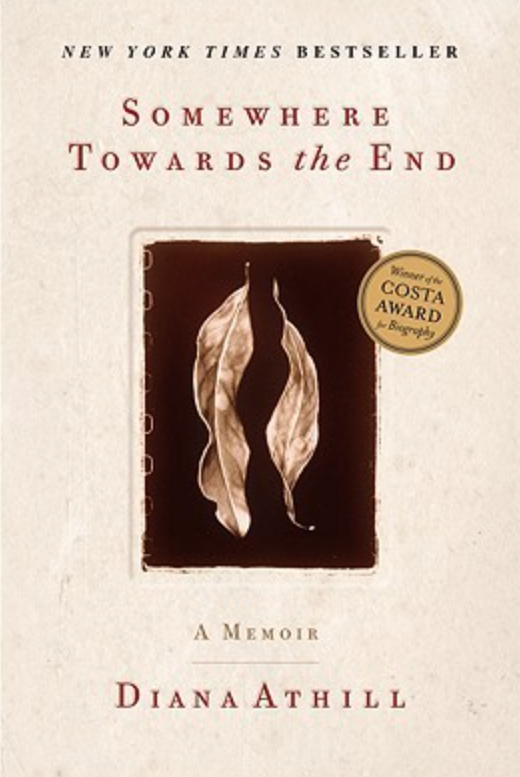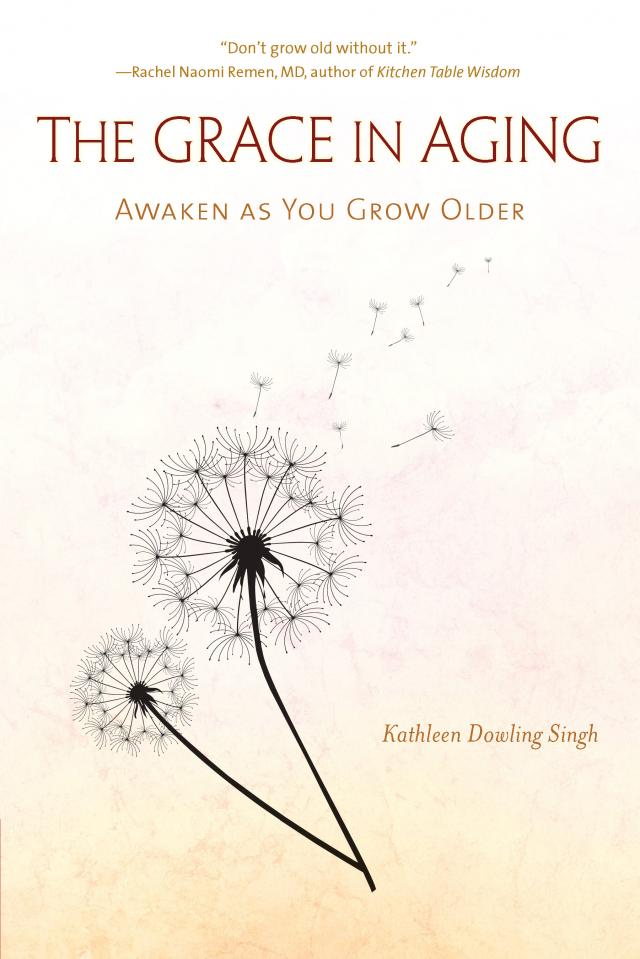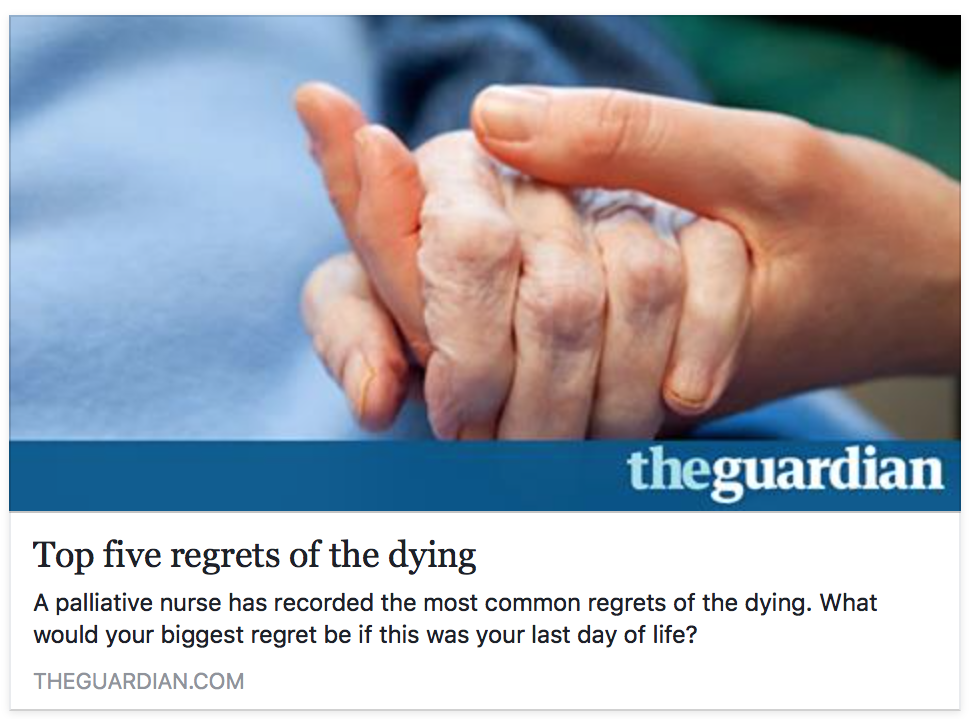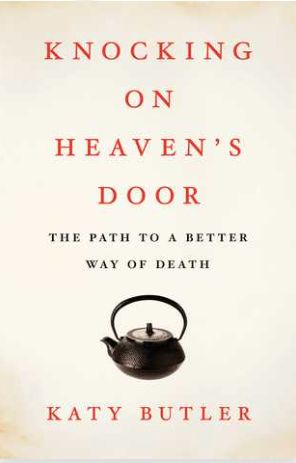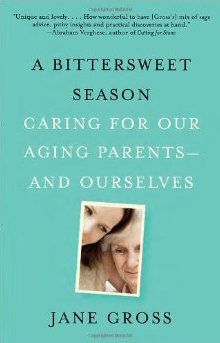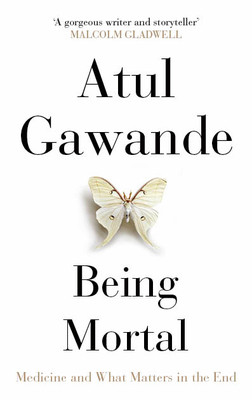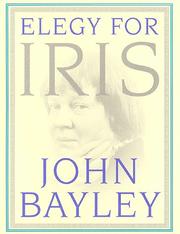Helpful Books, Articles & Support

Compassionate Communication with the Memory Impaired
A simple, straight-forward document of “dos and don’ts” that can make a world of difference in how to communicate more effectively and compassionately with our loved ones suffering from memory loss. “You can’t control memory loss, only your reaction to it. Compassionate communication will significantly heighten quality of life.”

Oliver Sacks: The Healing Power of Gardens
“As a writer, I find gardens essential to the creative process; as a physician, I take my patients to gardens whenever possible. All of us have had the experience of wandering through a lush garden or a timeless desert, walking by a river or an ocean, or climbing a mountain and finding ourselves simultaneously calmed and reinvigorated, engaged in mind, refreshed in body and spirit. The importance of these physiological states on individual and community health is fundamental and wide-ranging. In 40 years of medical practice, I have found only two types of non-pharmaceutical “therapy” to be vitally important for patients with chronic neurological diseases: music and gardens.”
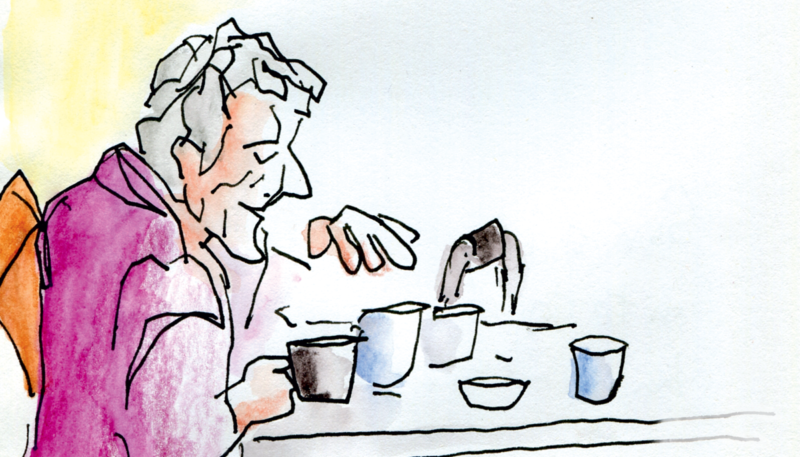
Susan Macleod: Life, Death, and Love for Lion’s Roar
Artist and writer Susan MacLeod observes the foibles, humor, and caring of life in a nursing home. There, she and her mother finally came to know each other. “When I slowed down to be fully with Mom, I also saw more depth in the nursing home experience than I had expected. People who live in nursing homes are full of life. Beneath the restrictions of their diminishing physicality and cognition, their spirit is often strong; I know my mother’s was. And the more I visited her, the stronger and more loving she became.”
Diana Athill: Somewhere Towards the End
Diana Athill is one of the great editors in British publishing. For more than five decades she edited the likes of V. S. Naipaul and Jean Rhys, for whom she was a confidante and caretaker. As a writer, Diana Athill has made her reputation for the frankness and precisely expressed wisdom of her memoirs. Now in her ninety-first year, “entirely untamed about both old and new conventions” (Literary Review) and freed from any of the inhibitions that even she may have once had, Athill reflects candidly, and sometimes with great humor, on the condition of being old—the losses and occasionally the gains that age brings, the wisdom and fortitude required to face death. Distinguished by “remarkable intelligence…[and the] easy elegance of her prose” (Daily Telegraph), this short, well-crafted book, hailed as “a virtuoso exercise” (Sunday Telegraph) presents an inspiring work for those hoping to flourish in their later years.
Kathleen Dowling Singh: The Grace in Aging
“Learn to use your later years for awakening and spiritual growth.
“Encouraging, inspiring, and practical, The Grace in Aging invites all those who have ever experienced spiritual longing to awaken in their twilight years. Since aging, in and of itself, does not lead to spiritual maturity, The Grace in Aging suggests and explores causes and conditions that we can create in our lives, just as we are living them, to allow awakening to unfold—transforming the predictable sufferings of aging into profound opportunities for growth in clarity, love, compassion, and peace.
“Kathleen Dowling Singh streamlines vast and complex teachings into skillful means and wise views. Straightforward language and piercing questions bring Singh’s teachings into the sharp focus of our own lives; the contemplative nature of each chapter allows for an uncommon depth of inquiry. Examples from our lives and from the chatter in our own minds touch the reader personally, offering the chance to absorb the implications deeply and do the work of freeing his or her own mind. Ecumenical in spirit, tone, and language, Singh offers wisdom from teachers from a variety of spiritual backgrounds: Chogyam Trungpa, the Apostles, Annie Dillard, and more. Lessening our attachments, decreasing our aversions, unbinding what binds us, we bear witness to the possibility of awakening for all beings.
“The Grace in Aging offers guidelines for older individuals of any wisdom tradition who wish to awaken before they die; no need for caves or seven-year retreats. This is spiritual practice for the lives we live.”
Bronnie Ware: Top Five Regrets of the Dying
“There was no mention of more sex or bungee jumps. A palliative nurse who has counselled the dying in their last days has revealed the most common regrets we have at the end of our lives. And among the top, from men in particular, is ‘I wish I hadn’t worked so hard’.”

The 36-Hour Day: A Family Guide to Caring for People Who Have Alzheimer Disease, Other Dementias, and Memory Loss
This is a wonderful resource for anyone living with or caring for someone with Dementia or Alzheimer’s. Easy to read, loaded with practical advice, and really speaks with compassion to the experience of caring for a loved one with memory loss. It’s like talking to and receiving advice from a wise friend, who understands exactly what you are going through and only wants to help you. Caregiving for a loved one with memory loss can be so isolating. This is a wonderful resource to help you feel less alone, and offers so many tools and advice to help navigate the dark waters of memory loss.
Katy Butler: Knocking on Heaven’s Door: the Path to a Better Way of Death
“In this visionary memoir, based on a groundbreaking New York Times Magazine story, award-winning journalist Katy Butler ponders her parents’ desires for ‘Good Deaths’ and the forces within medicine that stood in the way.
“Katy Butler was living thousands of miles from her vigorous and self-reliant parents when the call came: a crippling stroke had left her proud seventy-nine-year-old father unable to fasten a belt or complete a sentence. Tragedy at first drew the family closer: her mother devoted herself to caregiving, and Butler joined the twenty-four million Americans helping shepherd parents through their final declines.
“Then doctors outfitted her father with a pacemaker, keeping his heart going but doing nothing to prevent his six-year slide into dementia, near-blindness, and misery. When he told his exhausted wife, ‘I’m living too long,’ mother and daughter were forced to confront a series of wrenching moral questions. When does death stop being a curse and become a blessing? Where is the line between saving a life and prolonging a dying? When do you say to a doctor, ‘Let my loved one go?’
“When doctors refused to disable the pacemaker, condemning her father to a prolonged and agonizing death, Butler set out to understand why. Her quest had barely begun when her mother took another path. Faced with her own grave illness, she rebelled against her doctors, refused open-heart surgery, and met death head-on.
“With a reporter’s skill and a daughter’s love, Butler explores what happens when our terror of death collides with the technological imperatives of medicine. Her provocative thesis is that modern medicine, in its pursuit of maximum longevity, often creates more suffering than it prevents.
“This revolutionary blend of memoir and investigative reporting lays bare the tangled web of technology, medicine, and commerce that dying has become. And it chronicles the rise of Slow Medicine, a new movement trying to reclaim the ‘Good Deaths’ our ancestors prized.
“Knocking on Heaven’s Door is a map through the labyrinth of a broken medical system. It will inspire the difficult conversations we need to have with loved ones as it illuminates the path to a better way of death.”
Jane Gross: A Bittersweet Season: Caring for Our Aging Parents — and Ourselves
“When Jane Gross found herself suddenly thrust into a caretaker role for her eighty-five year-old mother, she was forced to face challenges that she had never imagined. As she and her younger brother struggled to move her mother into an assisted living facility, deal with seemingly never-ending costs, and adapt to the demands on her time and psyche, she learned valuable and important lessons.
“Here, the longtime New York Times expert on the subject of elderly care and the founder of the New Old Age blog shares her frustrating, heartbreaking, enlightening, and ultimately redemptive journey, providing us along the way with valuable information that she wishes she had known earlier. We learn why finding a general practitioner with a specialty in geriatrics should be your first move when relocating a parent; how to deal with Medicaid and Medicare; how to understand and provide for your own needs as a caretaker; and much more. Wise, smart, and ever-helpful, A Bittersweet Season is an essential guide to caring for aging parents.”
Atul Gawande: Being Mortal: Medicine and What Matters in the End
“In Being Mortal, bestselling author Atul Gawande tackles the hardest challenge of his profession: how medicine can not only improve life but also the process of its ending
“Medicine has triumphed in modern times, transforming birth, injury, and infectious disease from harrowing to manageable. But in the inevitable condition of aging and death, the goals of medicine seem too frequently to run counter to the interest of the human spirit. Nursing homes, preoccupied with safety, pin patients into railed beds and wheelchairs. Hospitals isolate the dying, checking for vital signs long after the goals of cure have become moot. Doctors, committed to extending life, continue to carry out devastating procedures that in the end extend suffering.
“Gawande, a practicing surgeon, addresses his profession’s ultimate limitation, arguing that quality of life is the desired goal for patients and families. Gawande offers examples of freer, more socially fulfilling models for assisting the infirm and dependent elderly, and he explores the varieties of hospice care to demonstrate that a person’s last weeks or months may be rich and dignified.
“Full of eye-opening research and riveting storytelling, Being Mortal asserts that medicine can comfort and enhance our experience even to the end, providing not only a good life but also a good end.”
John Bailey: Elegy for Iris
“‘I was living in a fairy story—the kind with sinister overtones and not always a happy ending—in which a young man loves a beautiful maiden who returns his love but is always disappearing into some unknown and mysterious world, about which she will reveal nothing.’
“So John Bayley describes his life with his wife, Iris Murdoch, one of the greatest contemporary writers in the English-speaking world, revered for her works of philosophy and beloved for her incandescent novels.
“In Elegy for Iris, Bayley attempts to uncover the real Iris, whose mysterious world took on darker shades as she descended into Alzheimer’s disease. Elegy for Iris is a luminous memoir about the beauty of youth and aging, and a celebration of a brilliant life and an undying love.
“The noted literary critic & novelist recounts his life with, and love for, the renowned author Iris Murdoch, who in the last years of her life suffered from Alzheimer’s.”
Sally Magnusson: Where Memories Go
“From a journalist who, with her sisters, cared for her mother during many years of dementia comes an extraordinary and deeply personal memoir, a manifesto, and a call to arms, in one searingly beautiful narrative
“This book began as an attempt to hold on to my witty, storytelling mother with the one thing I had to hand. Words. Then, as the enormity of the social crisis my family was part of began to dawn, I wrote with the thought that other forgotten lives might be nudged into the light along with hers. Dementia is one of the greatest social, medical, economic, scientific, philosophical, and moral challenges of our times. I am a reporter. It became the biggest story of my life.
“Regarded as one of the finest journalists of her generation, Mamie Baird Magnusson’s whole life was a celebration of words—words that she fought to retain in the grip of a disease which is fast becoming the scourge of the 21st century. Married to writer and broadcaster Magnus Magnusson, they had five children of whom Sally is the eldest. As well as chronicling the anguish, the frustrations, and the unexpected laughs and joys that she and her sisters experienced while accompanying their beloved mother on the long dementia road for eight years until her death in 2012, Sally Magnusson seeks understanding from a range of experts and asks penetrating questions about how we treat older people, how we can face one of the greatest social, medical, economic, and moral challenges of our times, and what it means to be human.”

Caring for Our Aging Parents
The New York Times New Old Age Blog
“Thanks to the marvels of medical science, our parents are living longer than ever before. Most will spend years dependent on others for the most basic needs. That burden falls to their baby boomer children. In The New Old Age, Paula Span and other contributors explore this unprecedented intergenerational challenge.”
